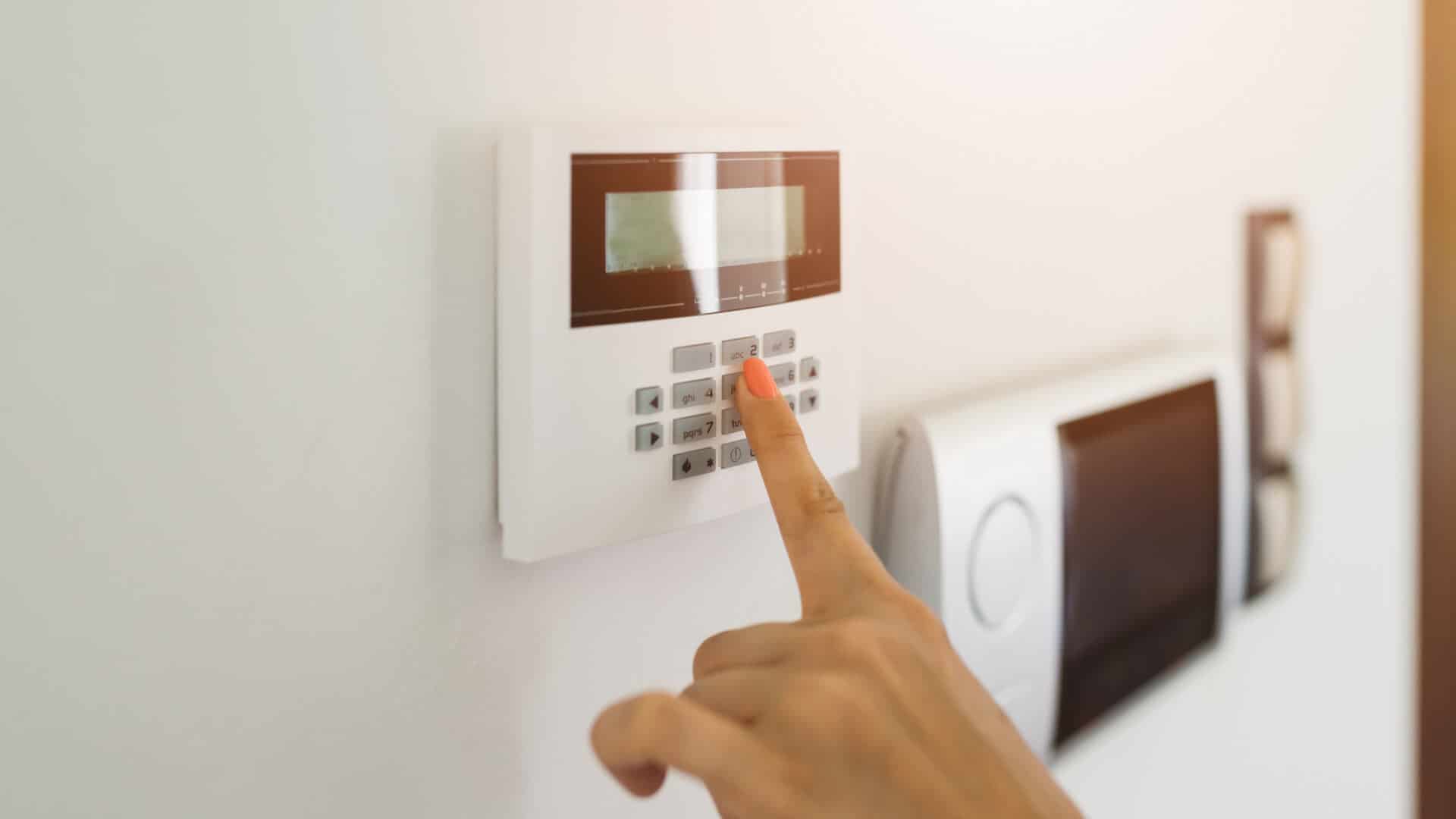Why Traditional Alarm Systems Are Not Always Effective

It is easy to think that once an alarm is installed in your home, then you don’t have to concern yourself any more with home security. However, this couldn’t be further from the truth. While traditional alarm systems have many benefits in safeguarding your home, they are not always effective.
IN MANY CASES THESE MISSED POINTS DON’T COME TO LIGHT UNTIL AFTER A ROBBERY HAS OCCURRED.
Branding provides easier access
Alarms with specific telltale signs of branding make it easier for thieves to identify how to get around them. Once a burglar knows how to get around one specific brand, then it’s only a matter of them finding homes that use that particular system and breaking in. Always ensure that branding stickers are not placed anywhere visible.
Smart technology creates multiple access points
Technological advances and new ‘smart’ systems allow you to access your system remotely and provide real-time alerts as well as stream live video from inside or outside your home. This means that there are more access points that can be used to breach your alarm system. It can all be done on your smartphone or other devices which can easily be targeted to gain entry.
Often an important access point can be missed
Even security companies make mistakes, and it is important to check that all access points are covered by motion detection including garages, basements and windows. Testing the system at the outset is imperative to ensuring that all entry points can trigger an alarm. In many cases these missed points don’t come to light until after a robbery has occurred.
Passwords are hackable
If your camera or equipment has a default password, then it is always recommended to change it wherever possible. In 2014, a Russian website was discovered to be hosting hundreds of feeds from inside UK homes and businesses because no one had bothered to change the default login.
Wireless alarms can be disabled
While wireless alarms may seem safer at the outset, they do come with their own set of issues. These systems can also be compromised by those in the know as they rely on radio frequency signals between the control systems and the sensors around the home. These sensors can be jammed to prevent the alarm from being triggered, or the signals can be intercepted to access the control system. While companies do take anti-jamming measures, there are still ways around them.
Remote control access
Some systems operate via a remote for arming and disarming alarm systems with no need for a password. The data is transferred by radio frequency and can be immediately monitored. If the remotes are set for single codes, they can be captured and used to disable a system allowing easy entry into the home.
Never assume that your system offers 100% security from break-ins as every system is prone to vulnerabilities and weak points. Instead, focus on the importance of having a balanced plan in place that covers all security aspects.



